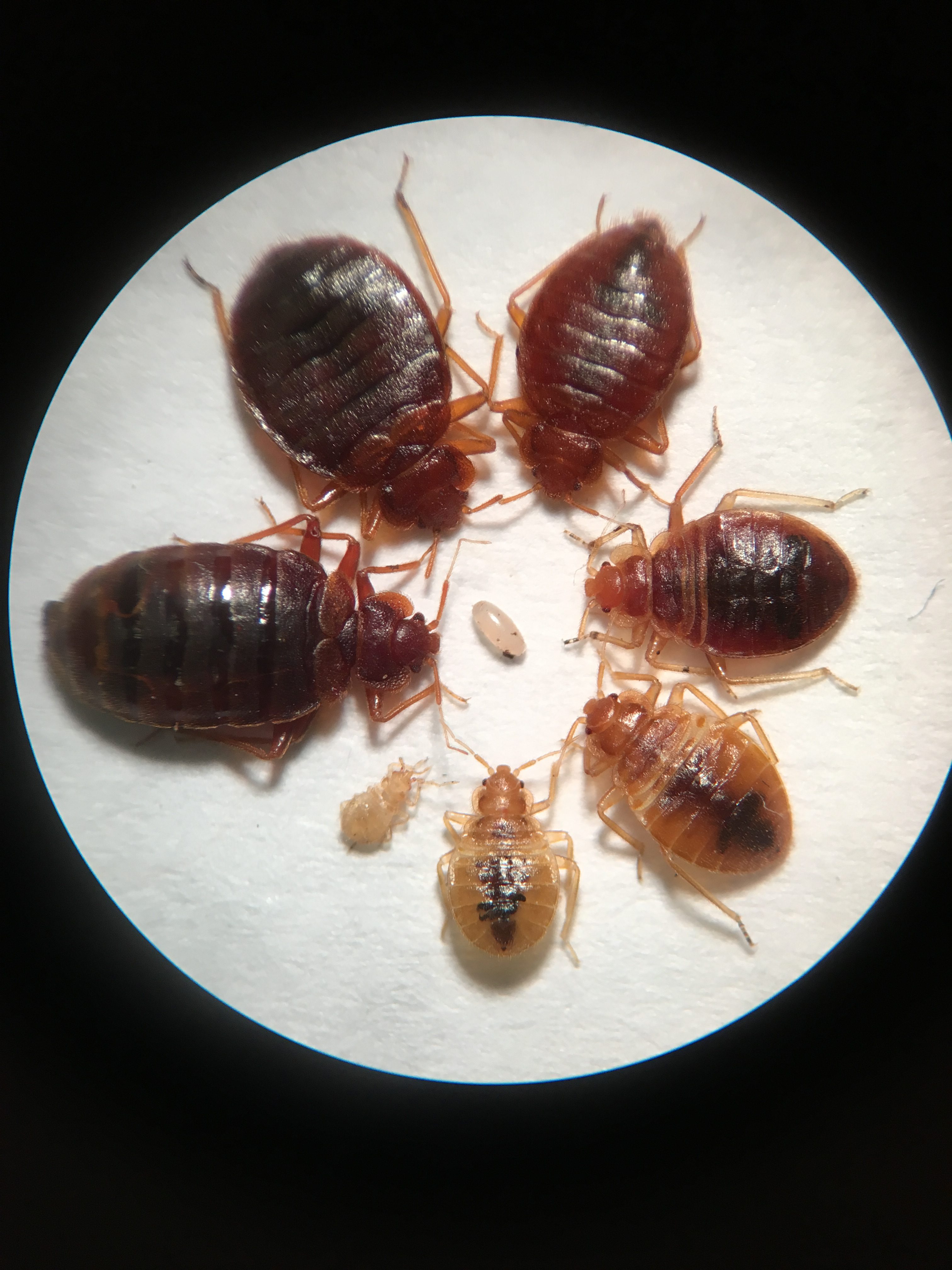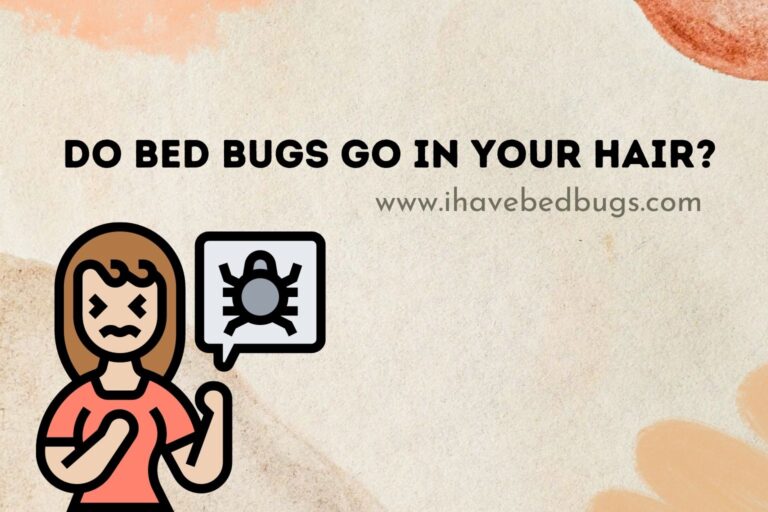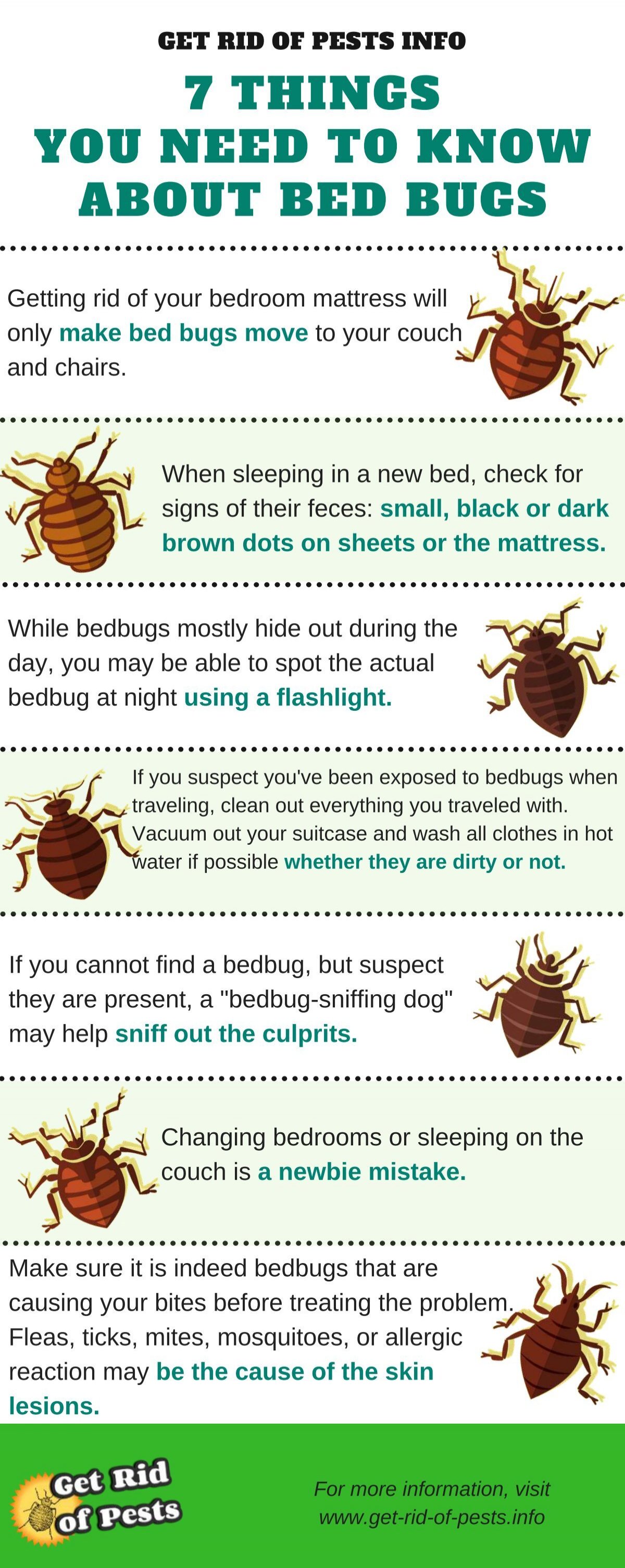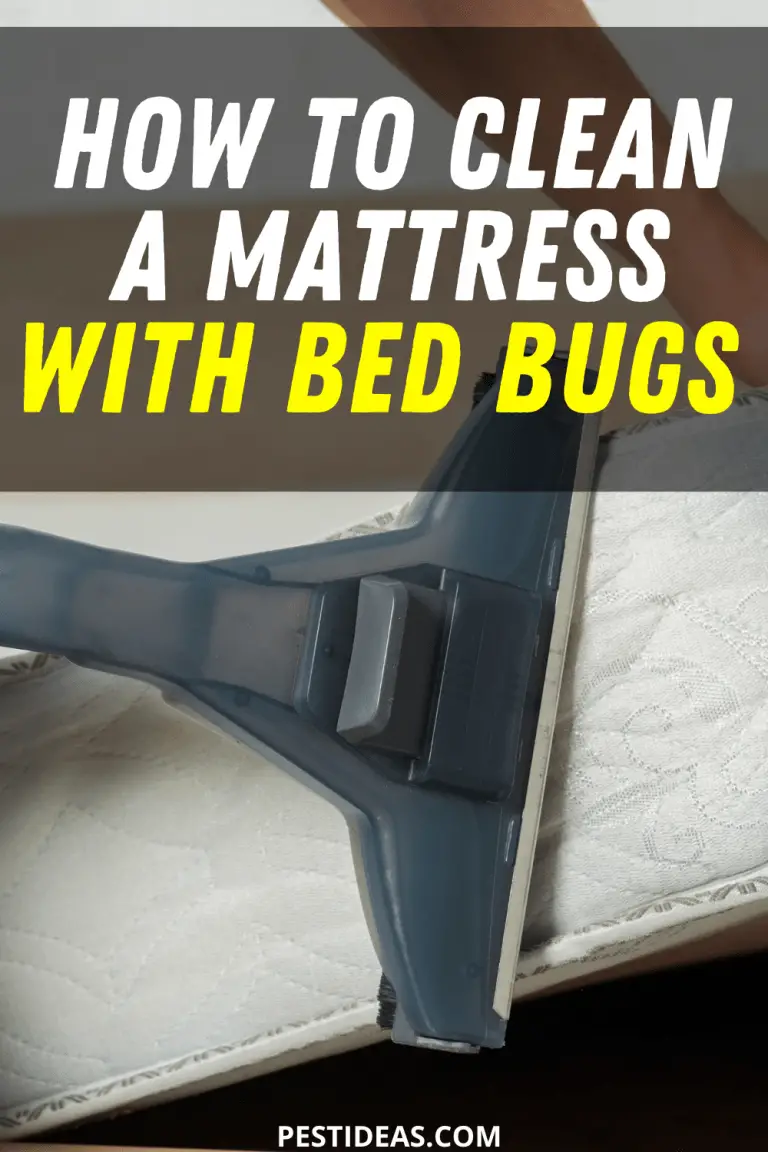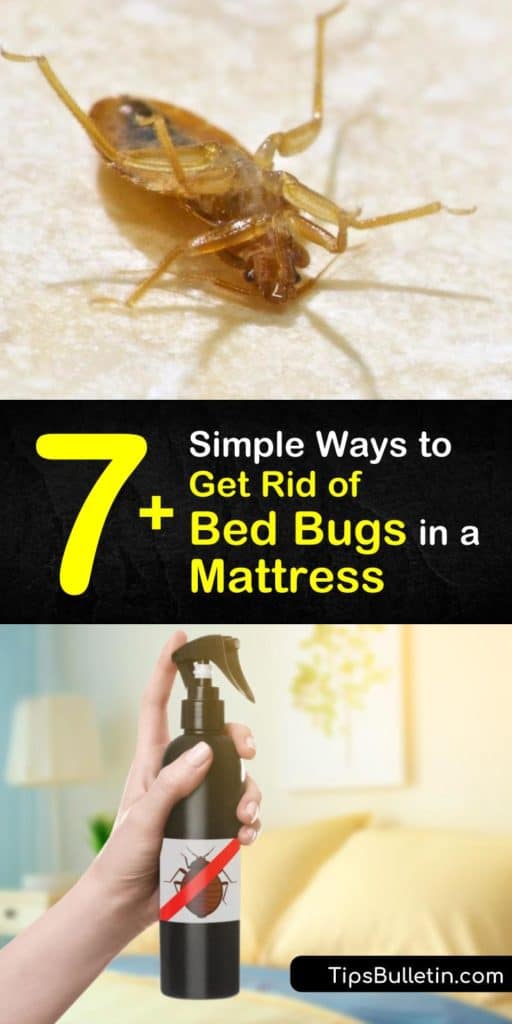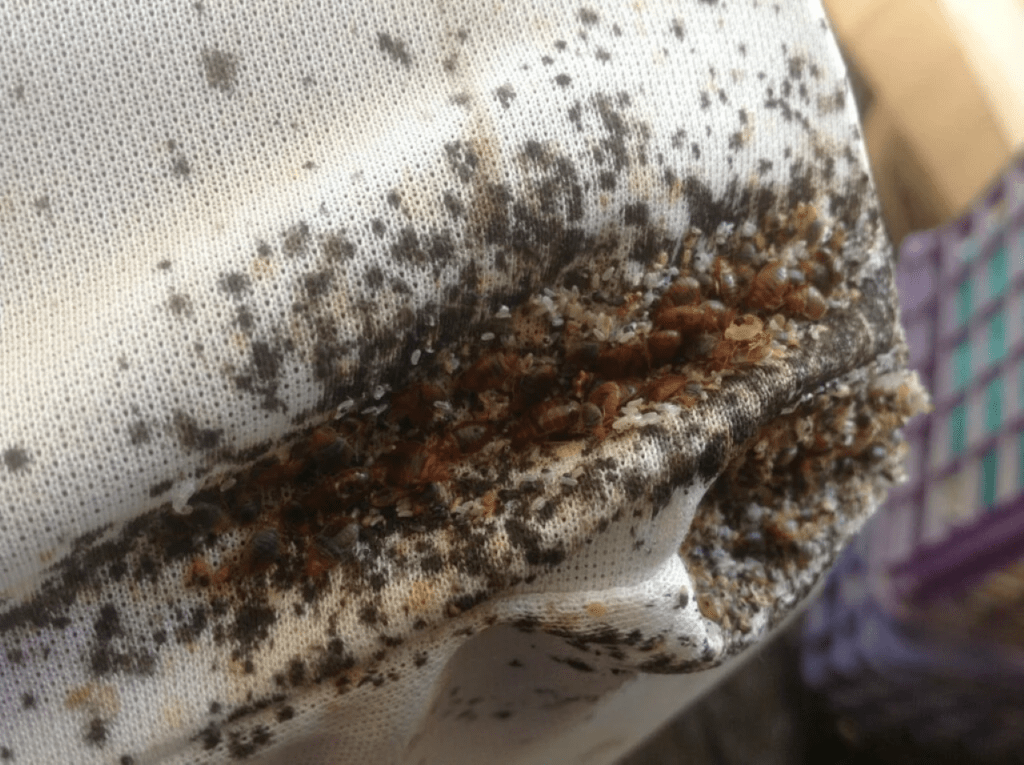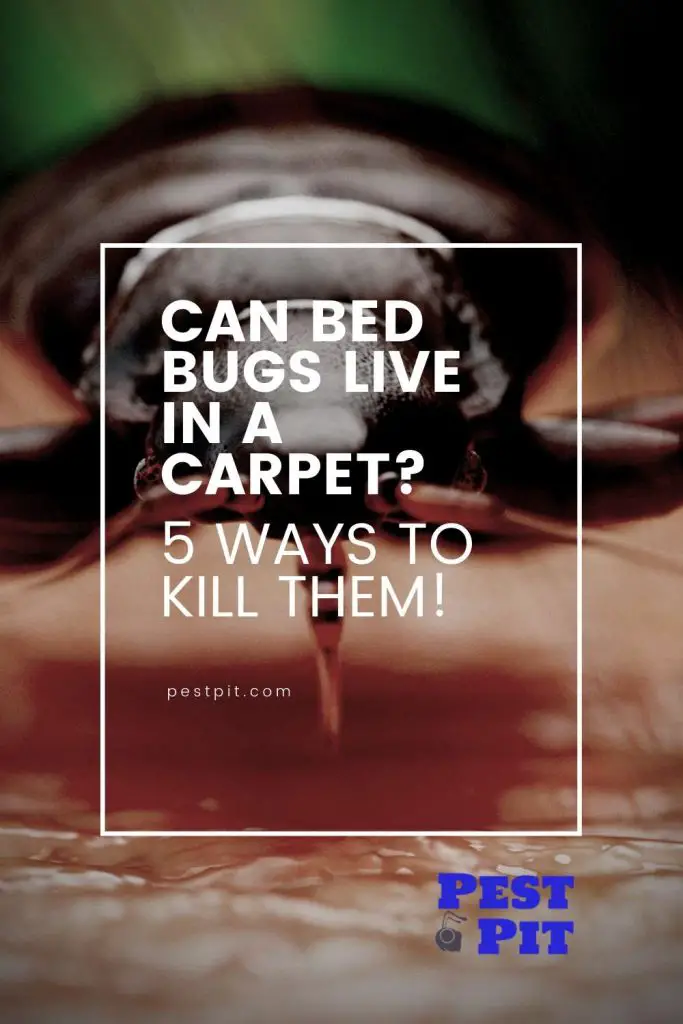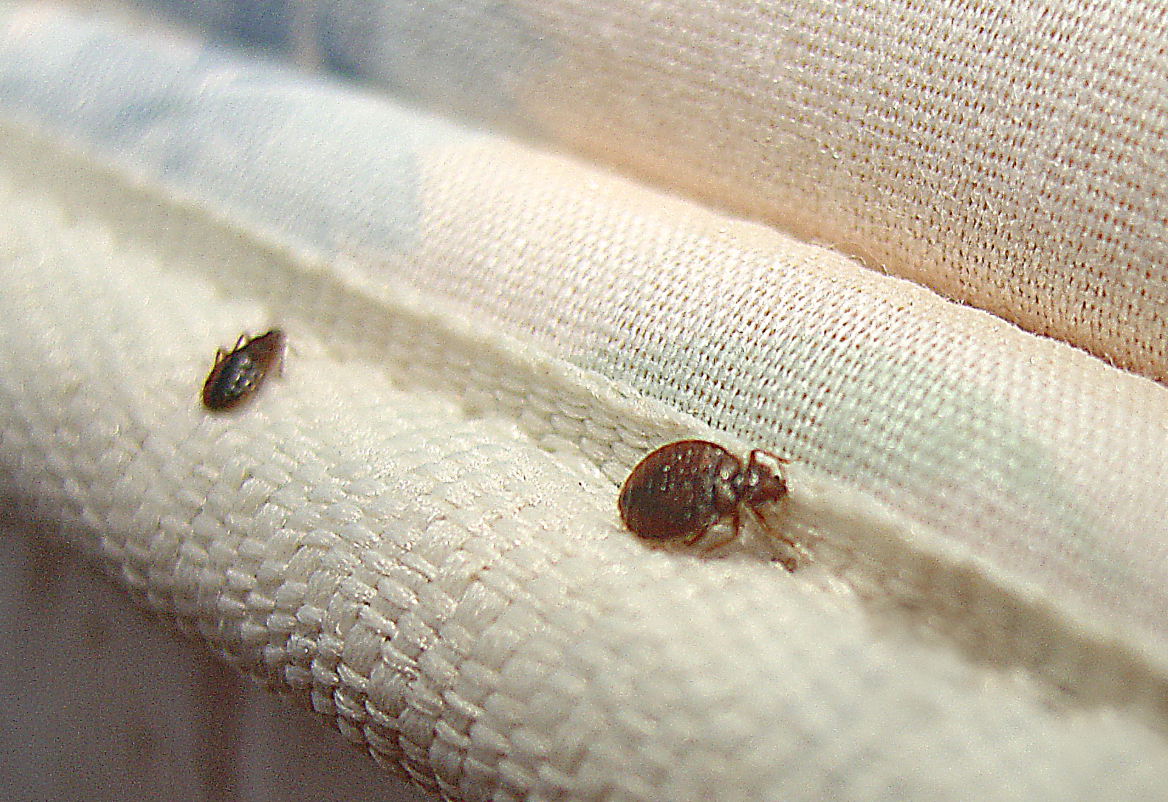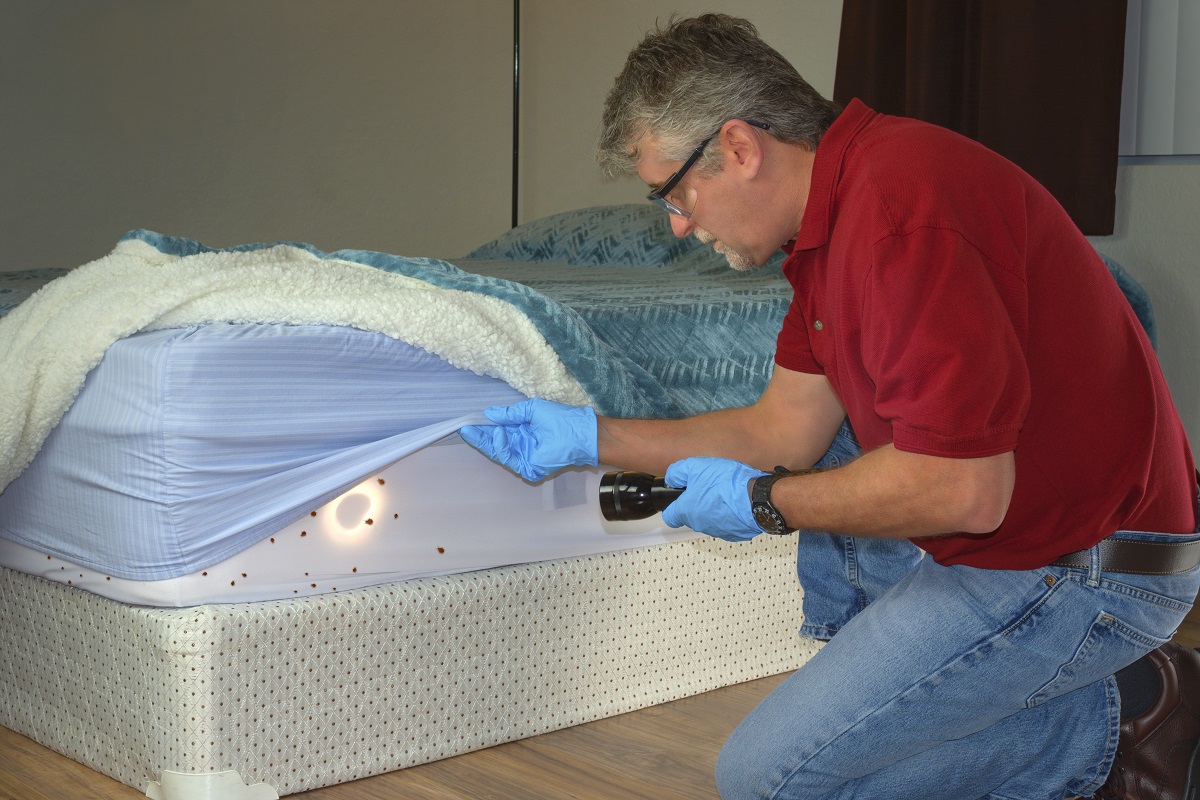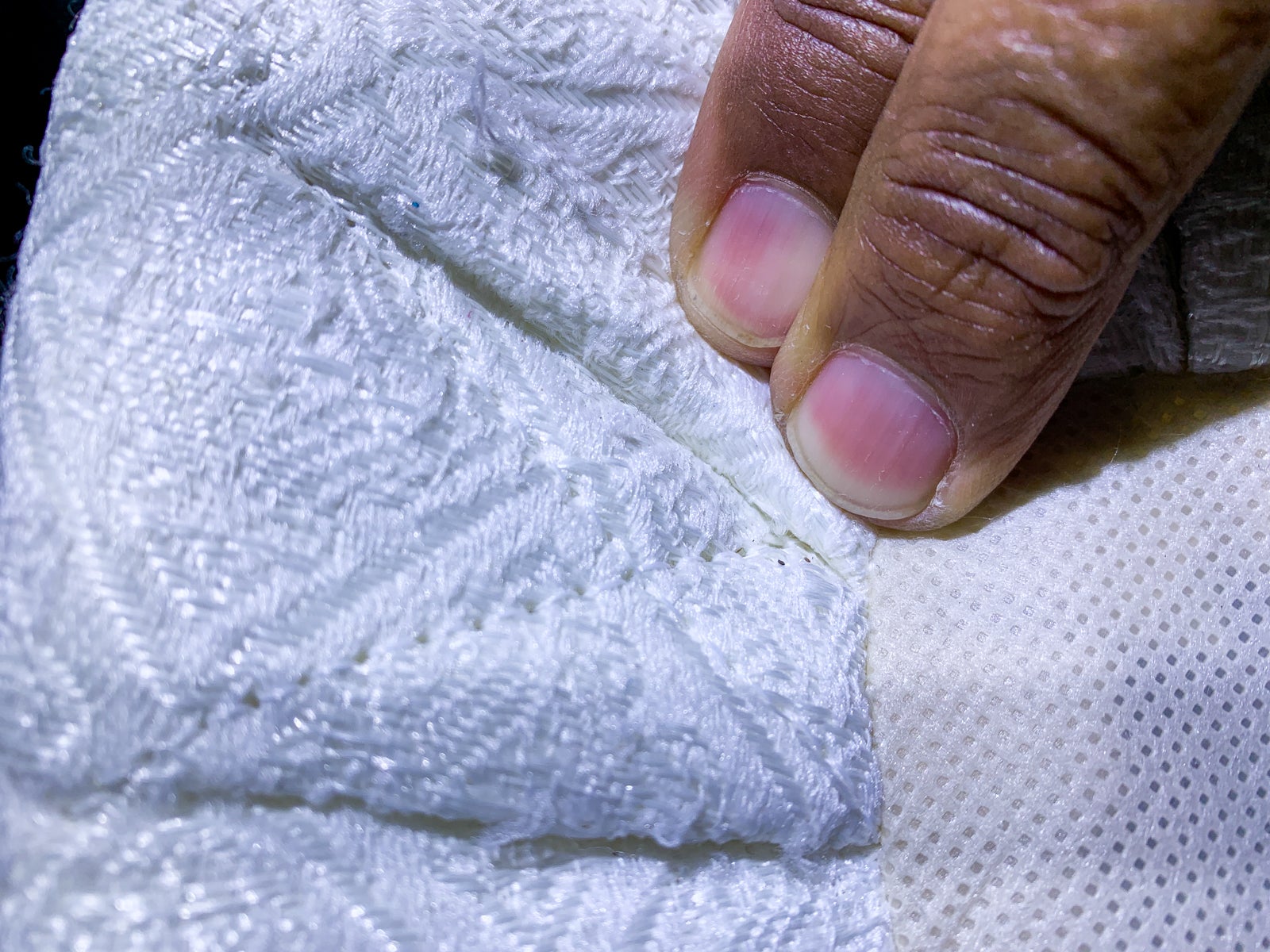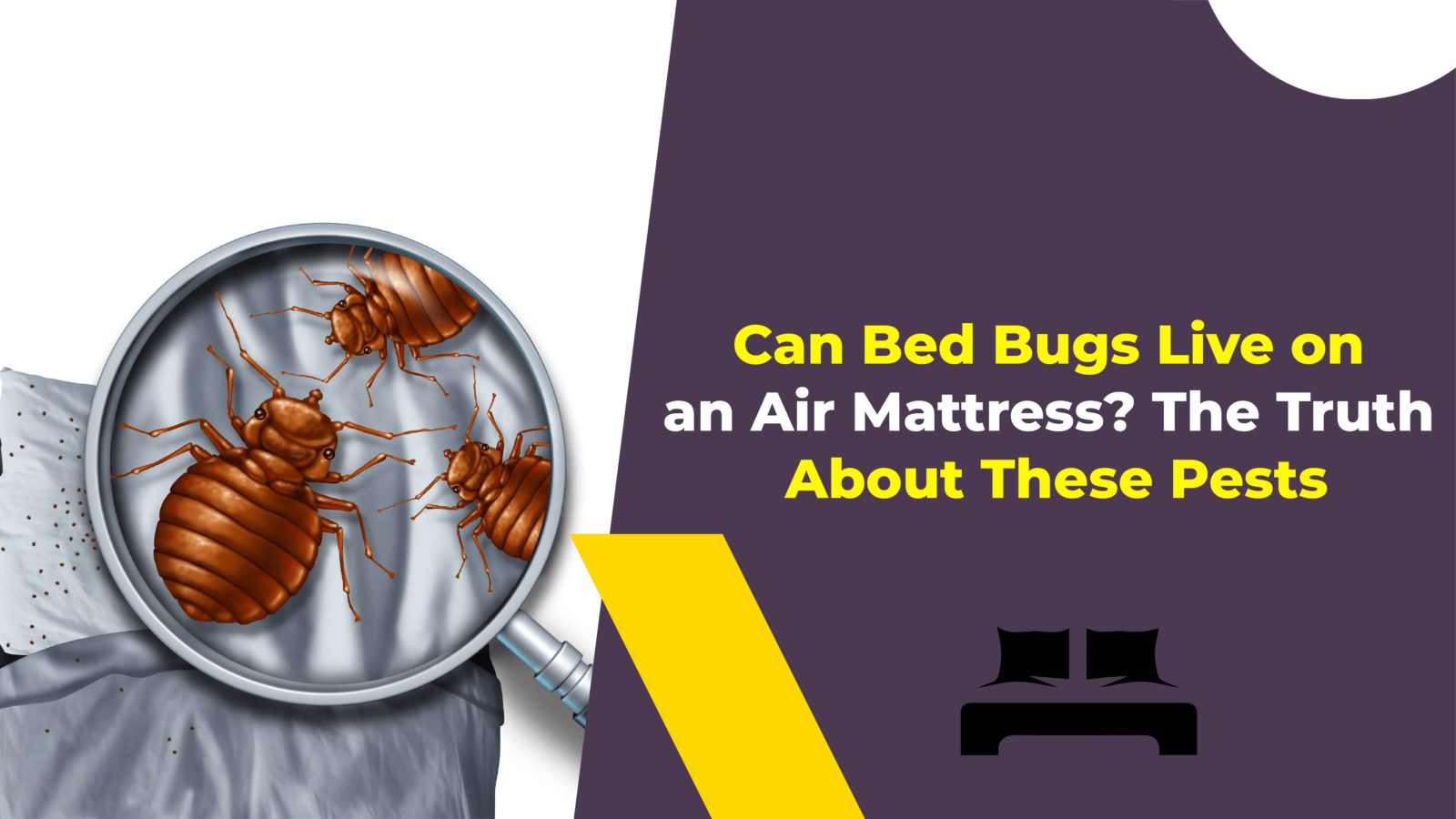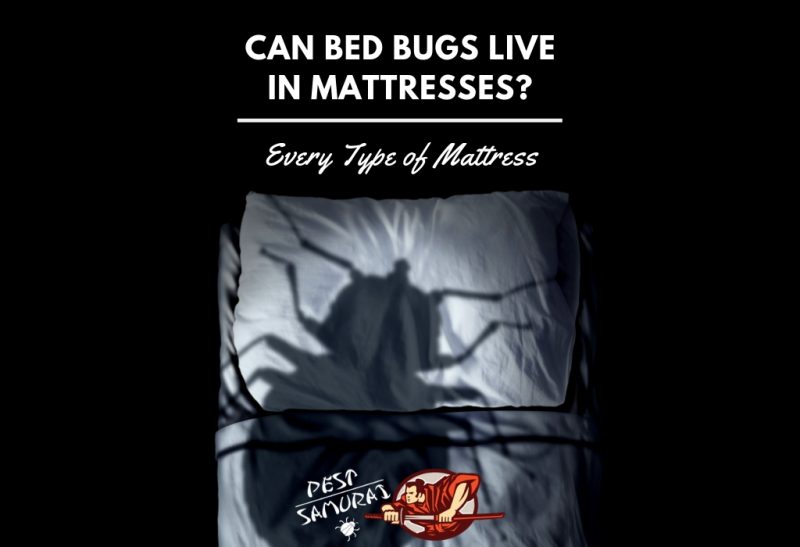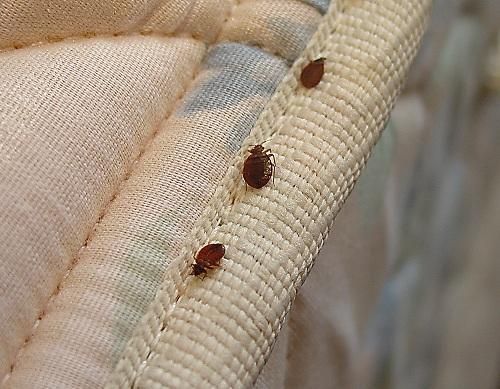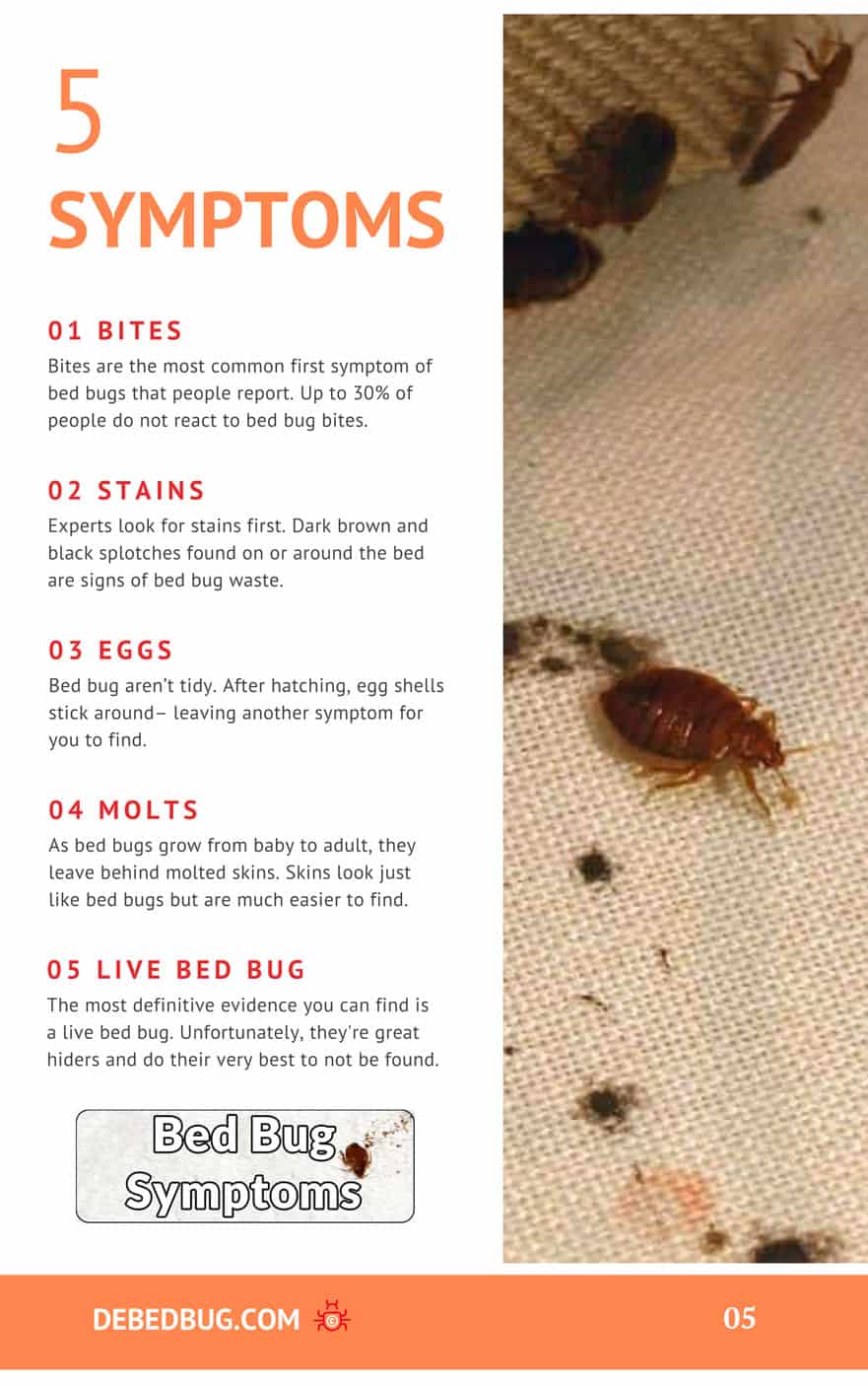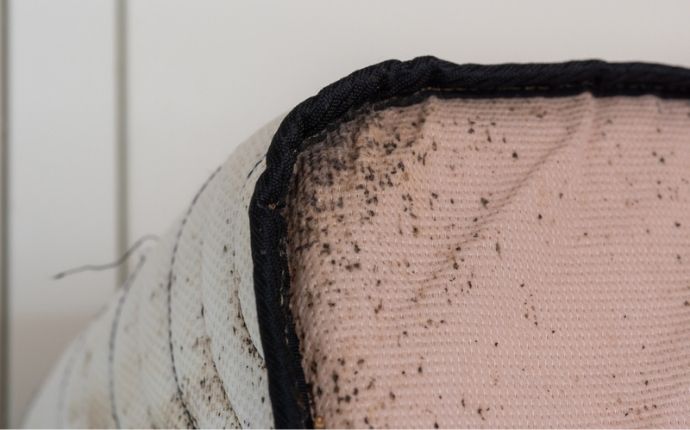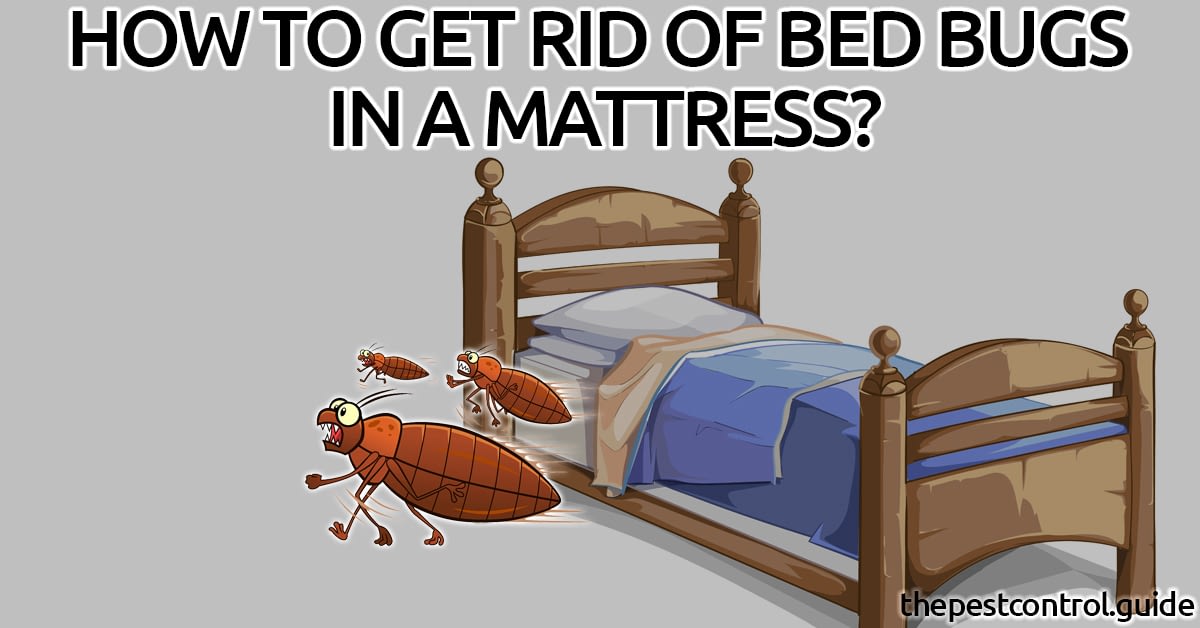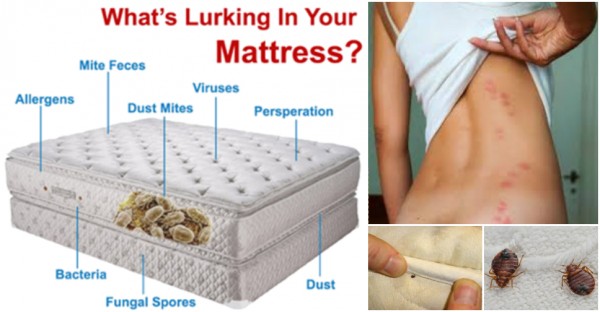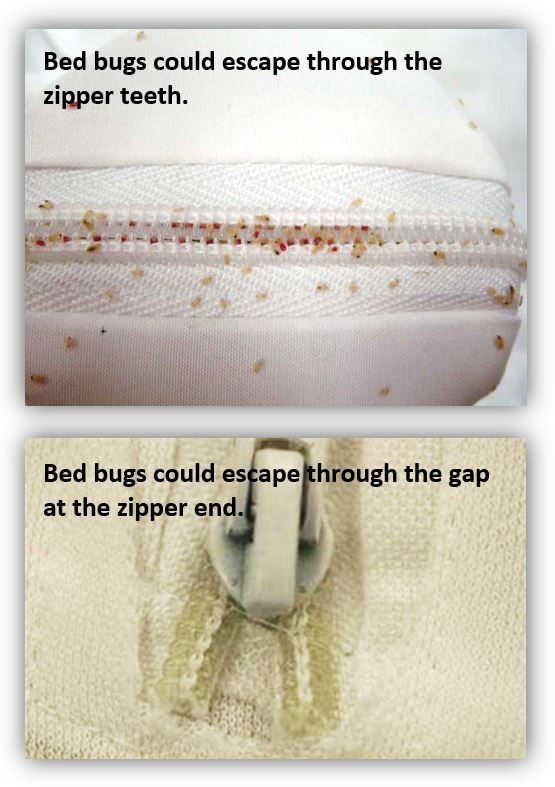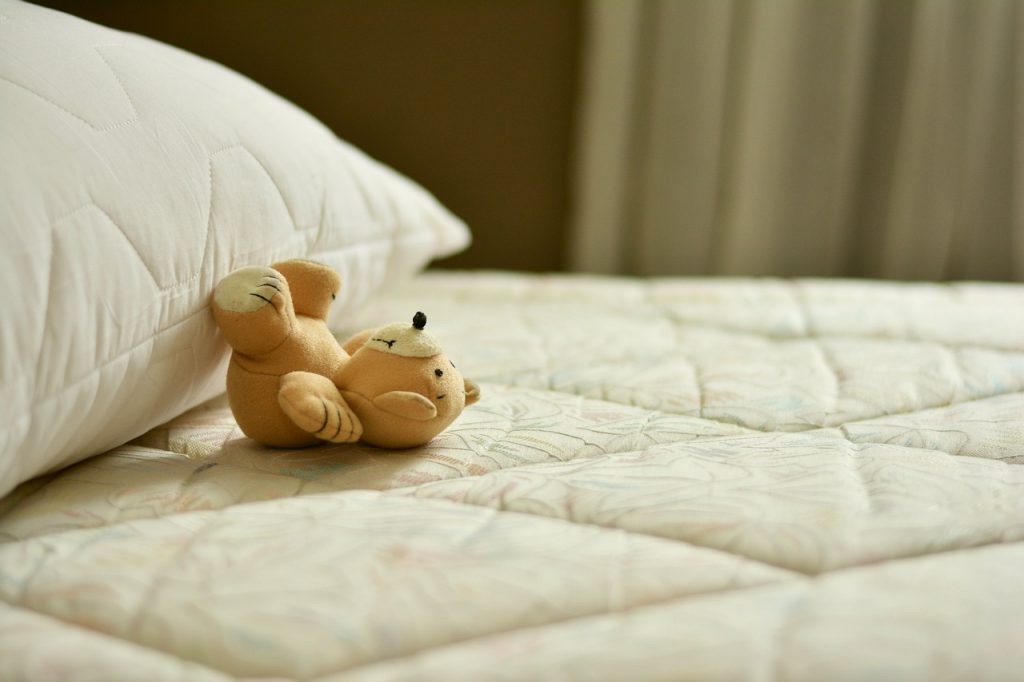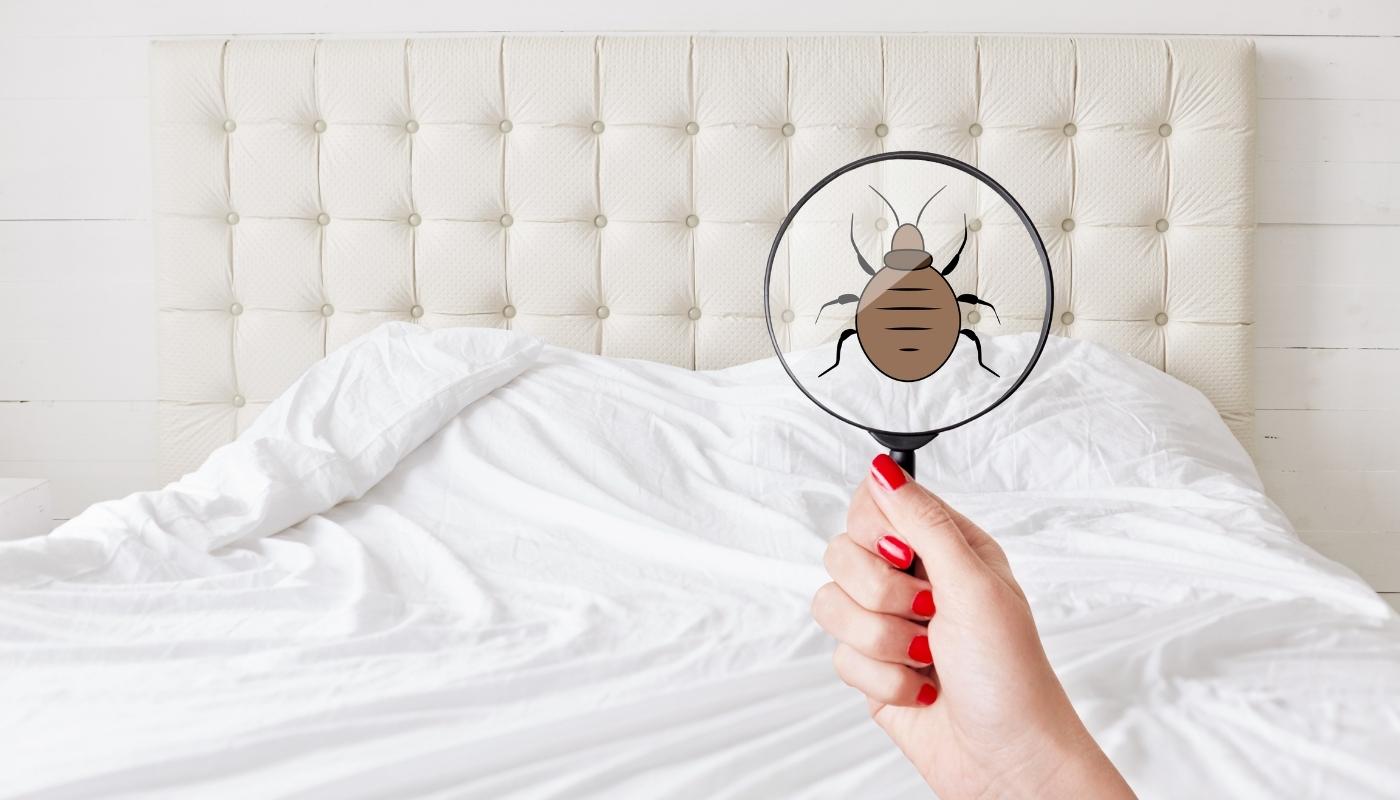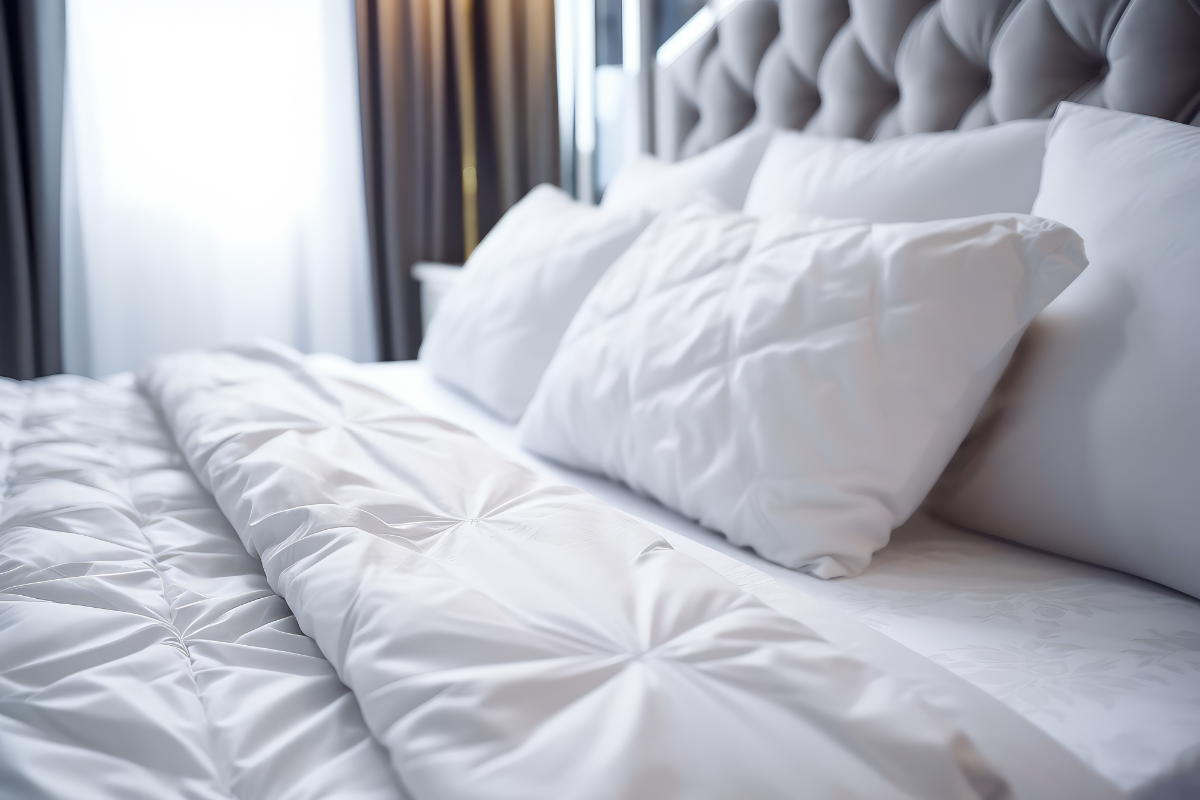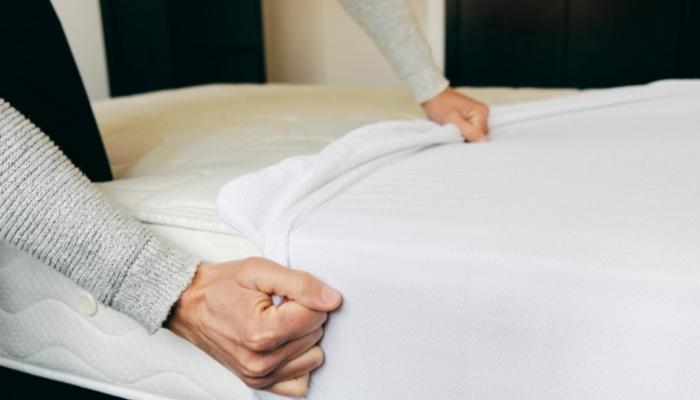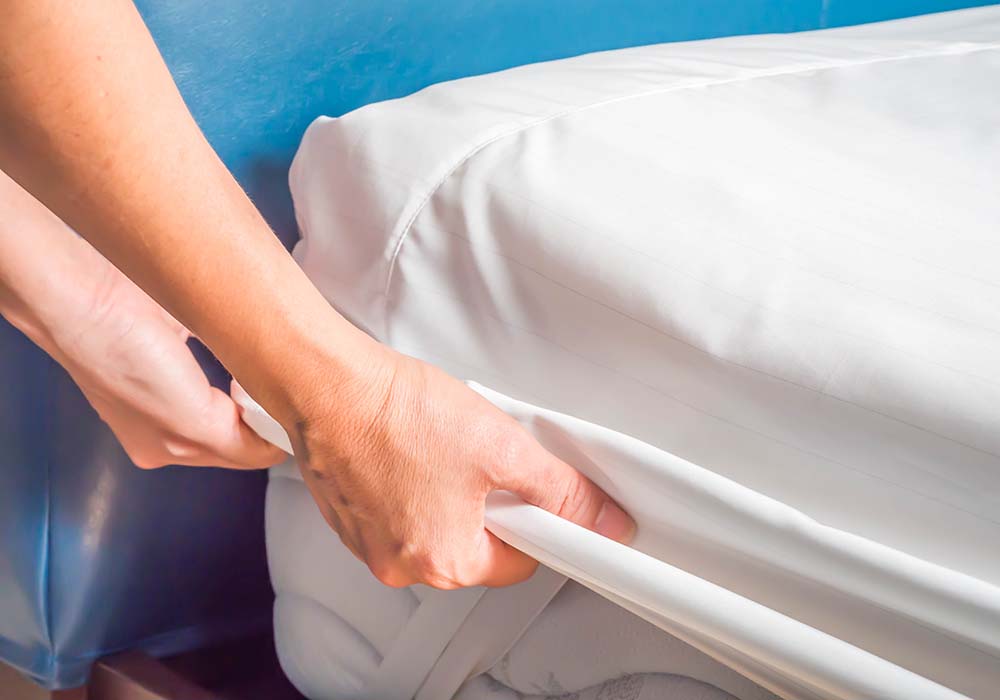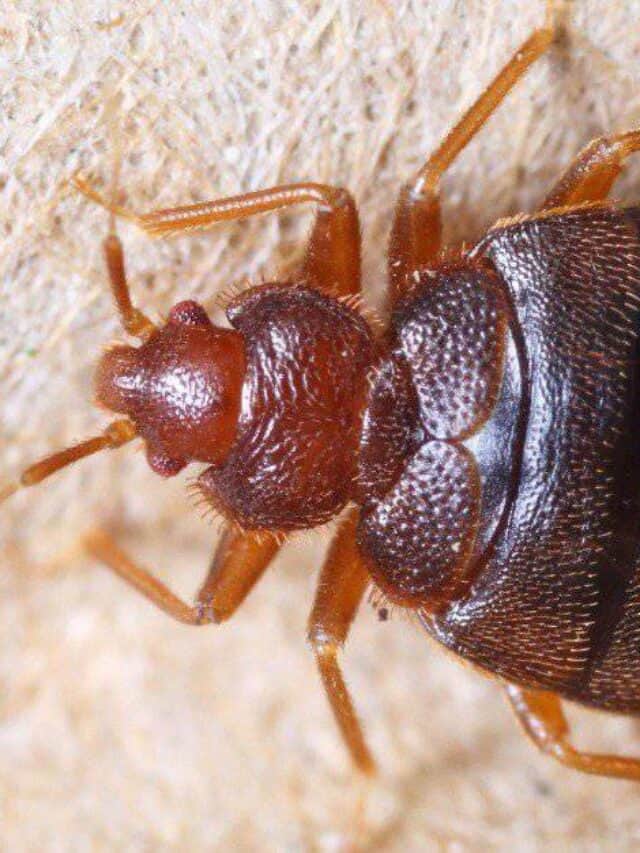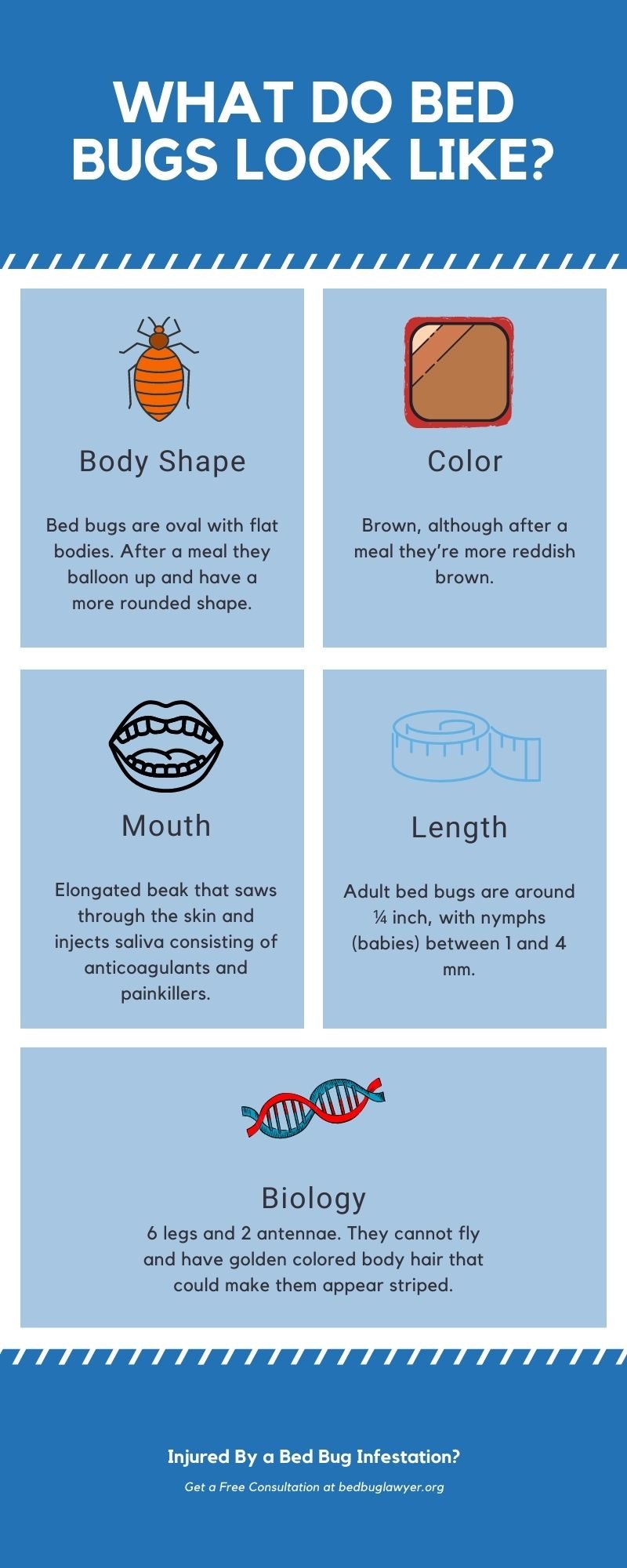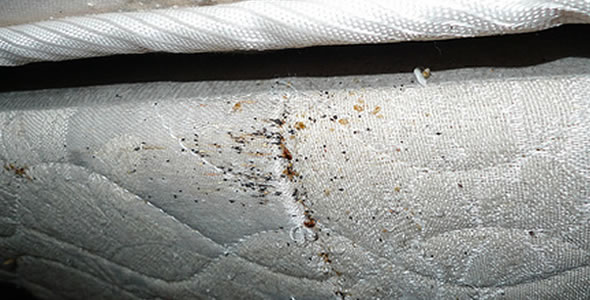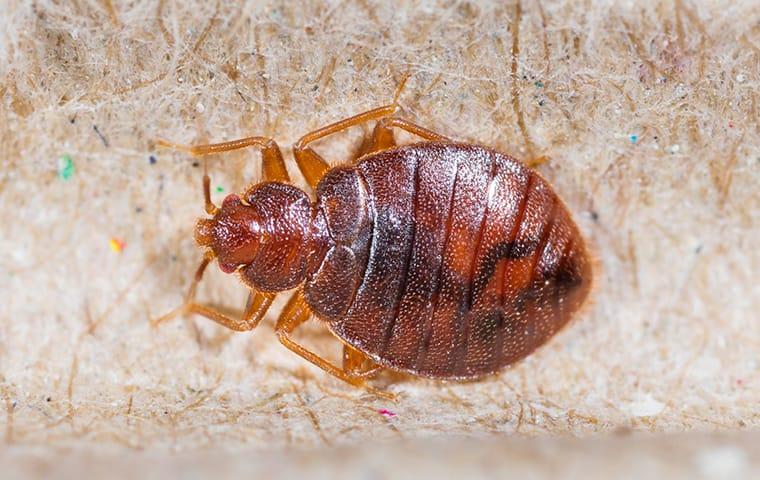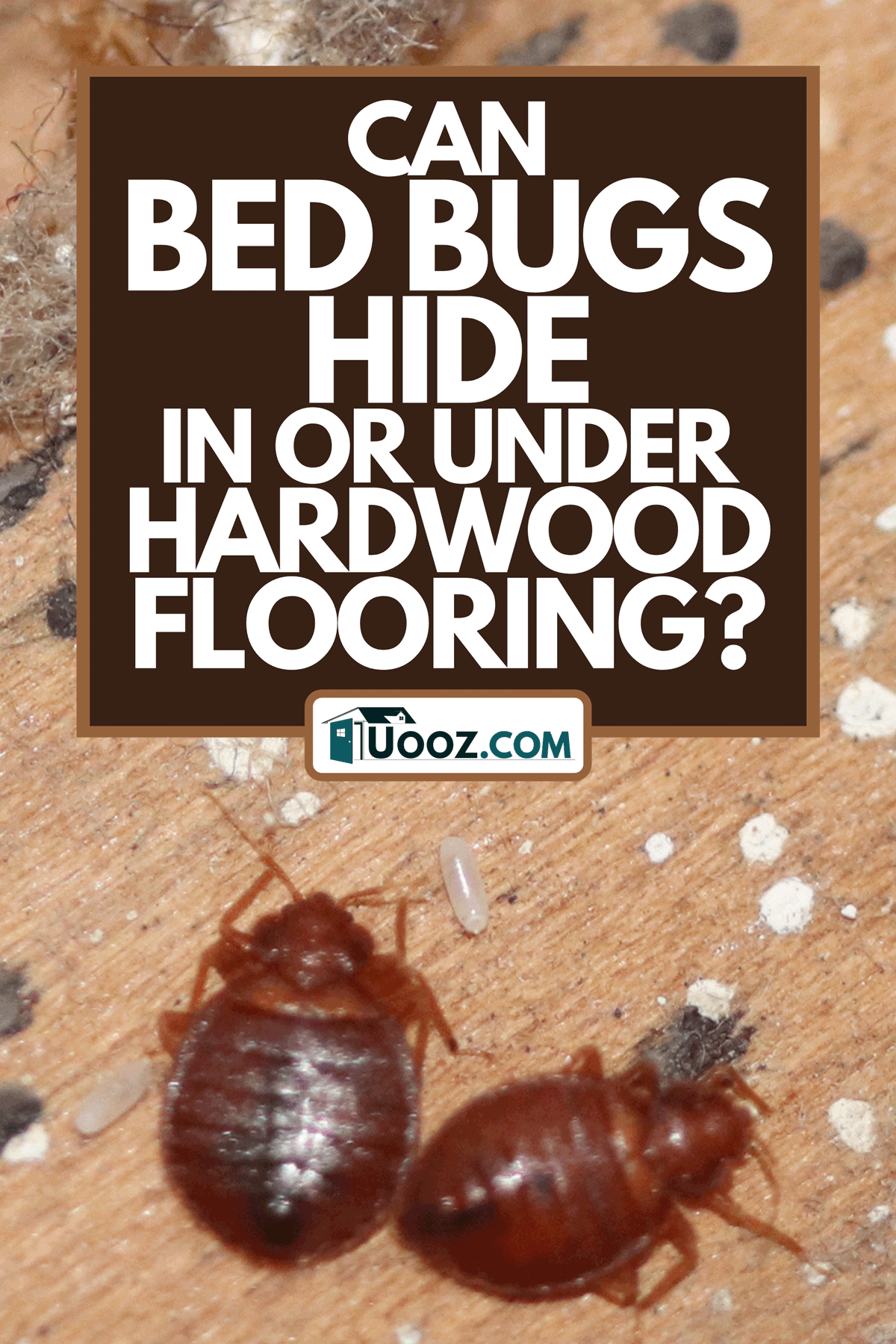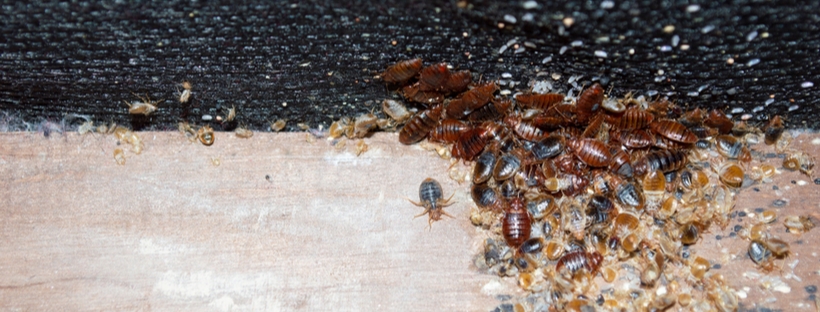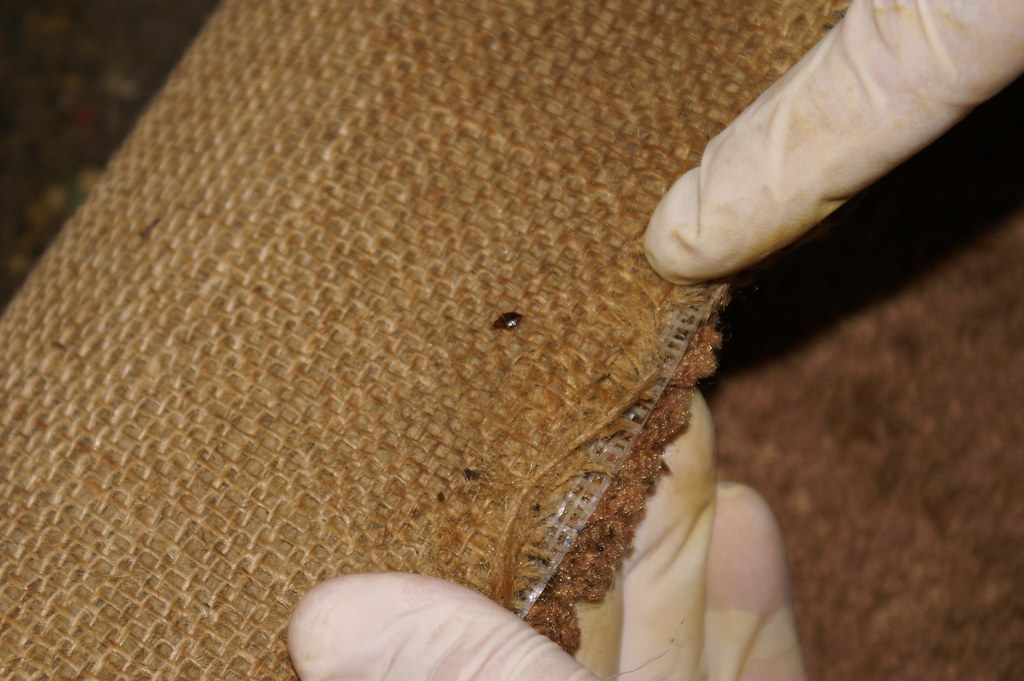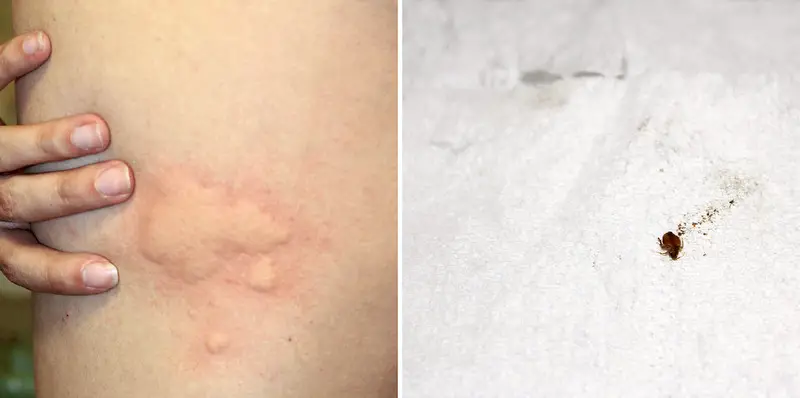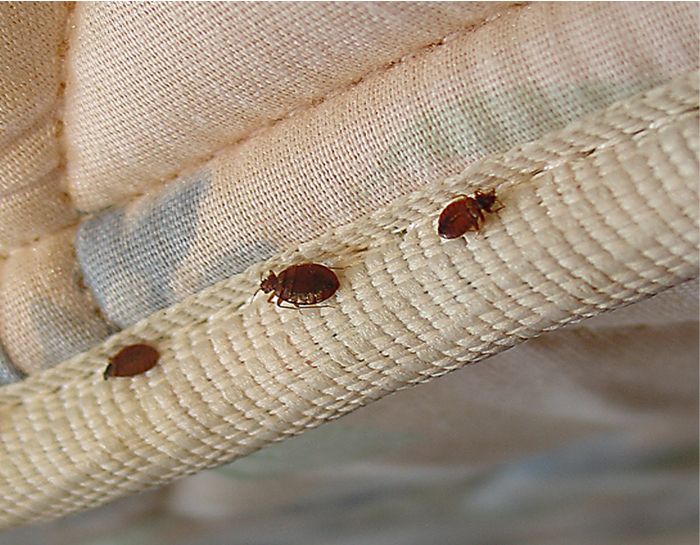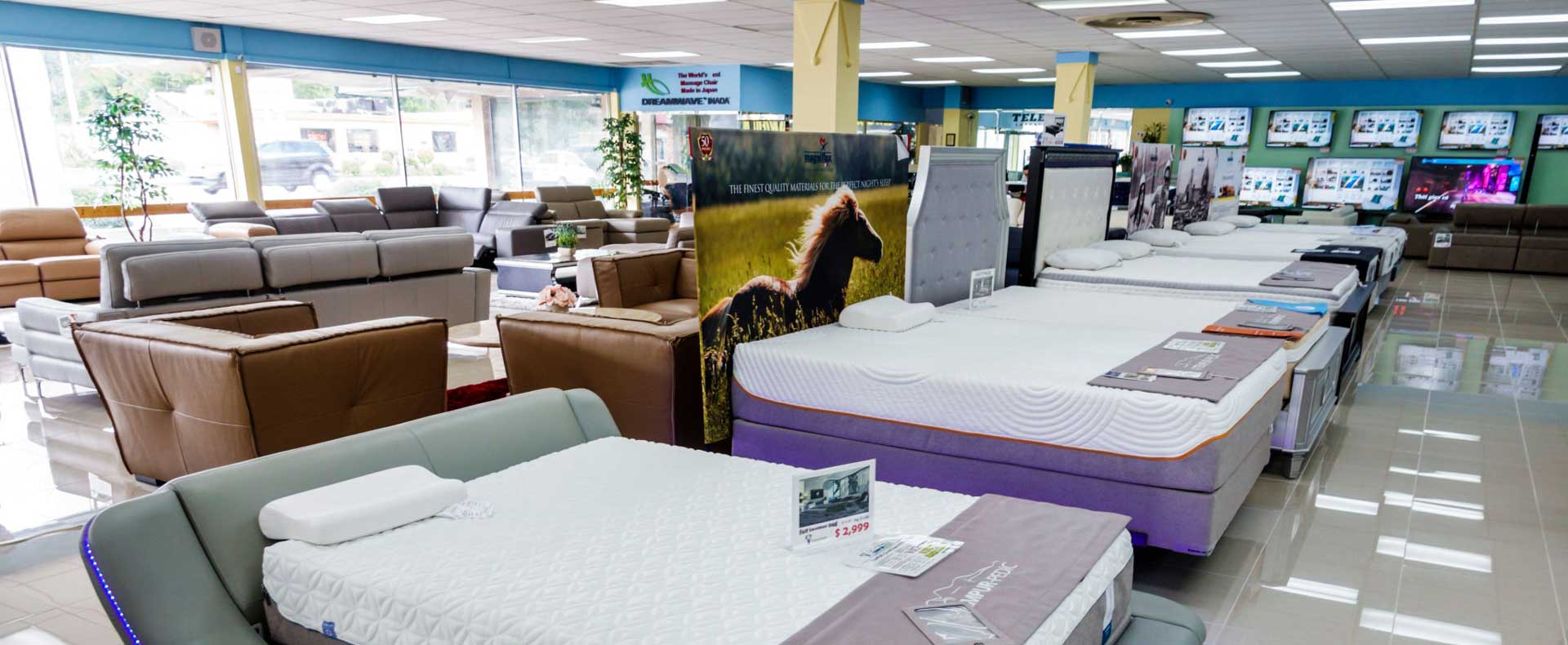Bed bugs are notorious for causing discomfort and frustration for homeowners. One of the most common questions people ask is whether bed bugs can go into the mattress. The short answer is yes, bed bugs can and will infest a mattress. But fear not, there are ways to check for and get rid of these pesky pests.Do Bed Bugs Go Into the Mattress?
When it comes to bed bugs, early detection is key. To check for bed bugs in your mattress, start by stripping off all bedding and inspecting the seams and crevices of the mattress. Look for small, rust-colored stains or dark spots, which are signs of bed bug fecal matter. You should also keep an eye out for live bed bugs or their shed skins.How to Check for Bed Bugs in a Mattress
Unfortunately, yes. Bed bugs are skilled at finding tiny crevices and hiding in them. Mattresses provide the perfect hiding spot for bed bugs, as they offer warmth, darkness, and easy access to their food source - you.Can Bed Bugs Live Inside a Mattress?
Aside from visible bed bugs, there are a few signs that your mattress may be infested. As mentioned before, rust-colored stains or dark spots are a telltale sign of bed bugs. You may also notice a sweet, musty odor coming from your mattress, which is a result of bed bug secretions.Signs of Bed Bugs in a Mattress
If you've confirmed that your mattress is infested with bed bugs, it's time to take action. The first step is to isolate your mattress and bedding. This means removing them from your bedroom and sealing them in a plastic bag to prevent the bed bugs from spreading to other areas of your home. Next, you can try vacuuming your mattress and using a bed bug spray or powder to kill any remaining bed bugs. However, keep in mind that these methods may not completely eradicate the infestation, and professional treatment may be necessary.How to Get Rid of Bed Bugs in a Mattress
Bed bug mattress covers, also known as encasements, are designed to completely cover the mattress and prevent bed bugs from entering or escaping. While they may not fully get rid of an infestation, they can help prevent future ones. It's important to note that these covers must be left on for at least a year to be effective.Do Bed Bug Mattress Covers Work?
The best way to prevent bed bugs from infesting your mattress is to take precautions. When traveling, inspect your hotel room for signs of bed bugs and keep your luggage on a luggage rack or in the bathroom, away from the bed. When purchasing used furniture, thoroughly inspect it before bringing it into your home.How to Prevent Bed Bugs in a Mattress
Bed bugs are small, flat, and oval-shaped. They are usually reddish-brown in color and can be mistaken for other insects, such as ticks or small cockroaches. However, on a mattress, you may see small, dark stains or the bed bugs themselves if the infestation is severe.What Do Bed Bugs Look Like on a Mattress?
As mentioned before, bed bugs are skilled at hiding in tiny crevices. Mattresses provide plenty of hiding spots for bed bugs, including seams, tufts, and even inside the mattress itself. This is why it's important to thoroughly inspect your mattress for signs of bed bugs on a regular basis.Can Bed Bugs Hide in a Mattress?
If you've discovered bed bugs in your mattress, professional treatment is usually the most effective option. Pest control professionals have the necessary equipment and expertise to fully eradicate a bed bug infestation. They may use a combination of heat treatment, insecticides, and other methods to ensure all bed bugs are eliminated.How to Treat a Mattress for Bed Bugs
How to Prevent Bed Bugs from Entering Your Mattress
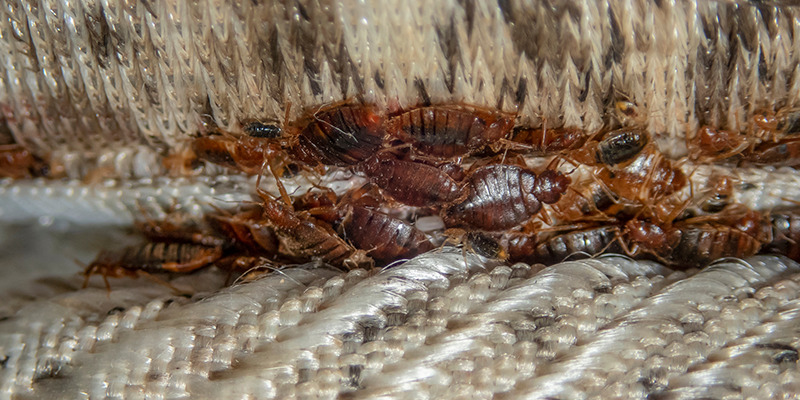
It's a common misconception that bed bugs only infest dirty or unkept homes. However, these tiny pests can be found in even the cleanest of living spaces. They can hitch a ride on your clothing or luggage and make their way into your home, ultimately ending up in your mattress. The thought of sharing your bed with these blood-sucking insects is enough to make anyone's skin crawl. So, how do you prevent bed bugs from entering your mattress? Let's find out.
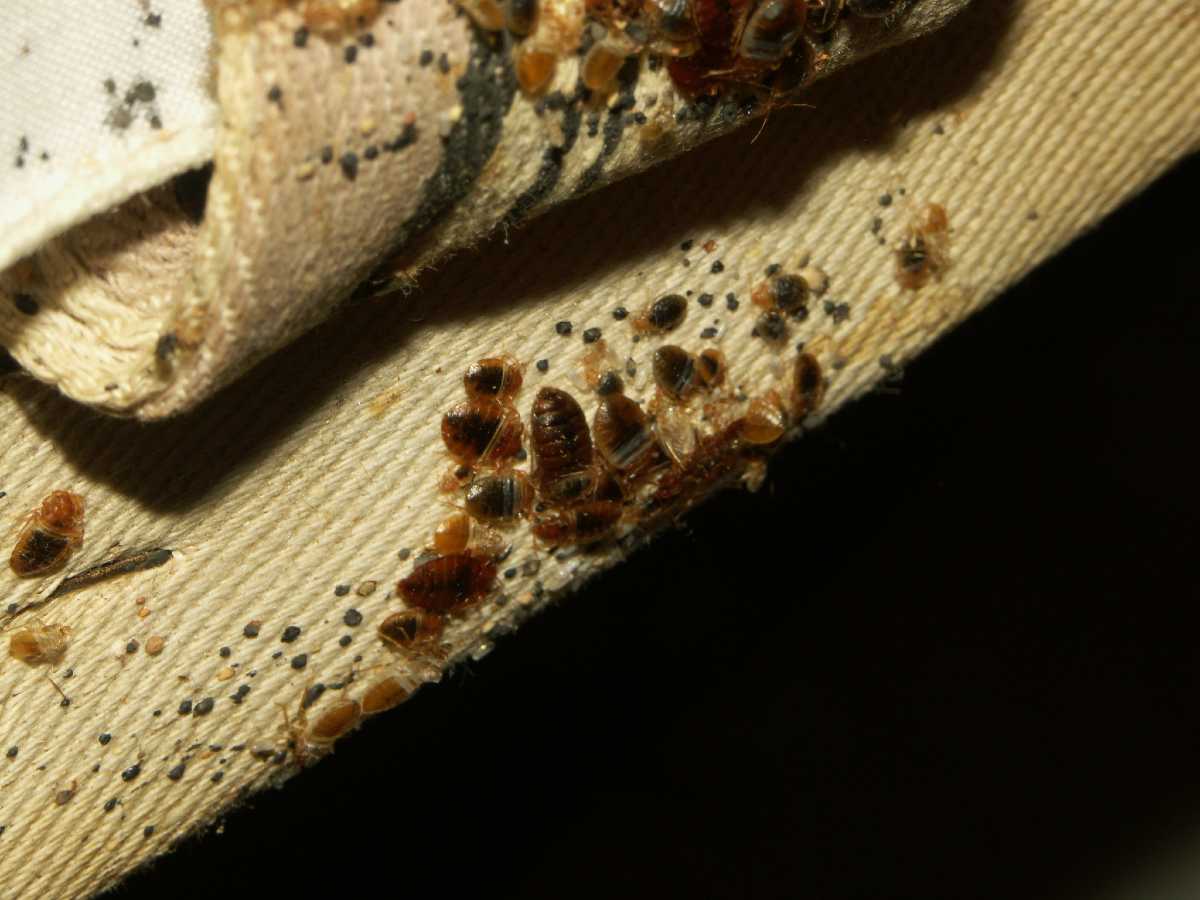
Firstly, it's important to understand how bed bugs enter your home in the first place. They are excellent hitchhikers and can easily latch onto your clothing, bags, or furniture as you move around. This is why it's crucial to be cautious when travelling or staying in hotels, as bed bugs are often found in these environments. When you return home, make sure to thoroughly inspect your luggage and clothing before bringing them into your bedroom.
But what about your mattress? Bed bugs are known to hide in cracks and crevices, which makes your mattress an ideal hiding spot. However, there are several steps you can take to prevent them from making a home in your bed.
1. Encase your mattress and box spring
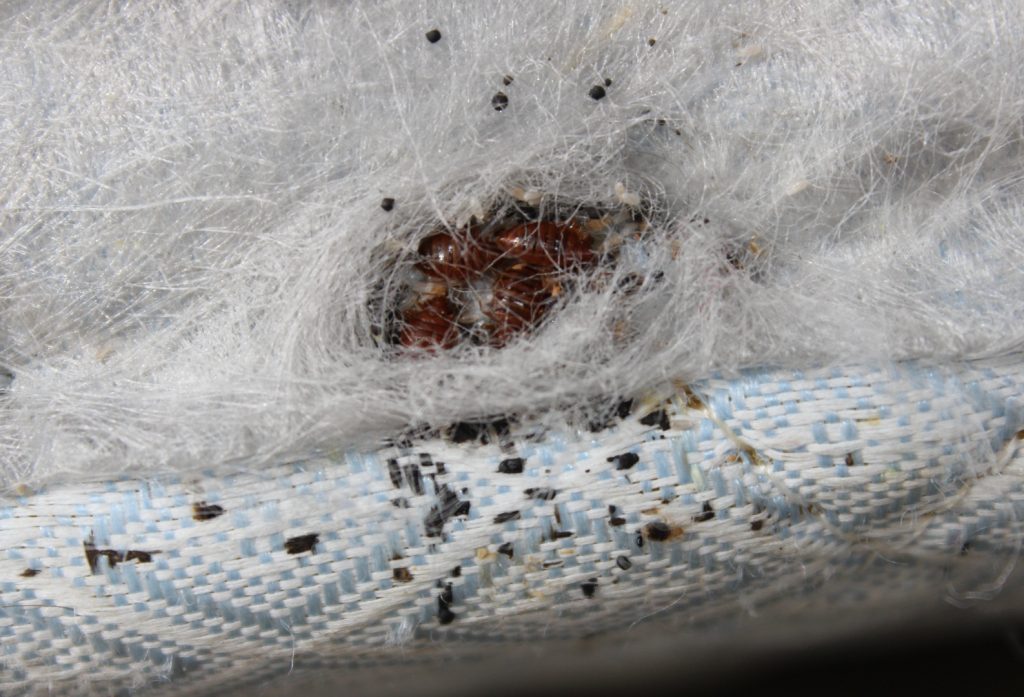
One of the most effective ways to prevent bed bugs from entering your mattress is by encasing it in a bed bug-proof cover. These covers are made of a tightly woven fabric that prevents bed bugs from entering or escaping. Make sure to also encase your box spring for added protection.
2. Keep your bedroom clutter-free
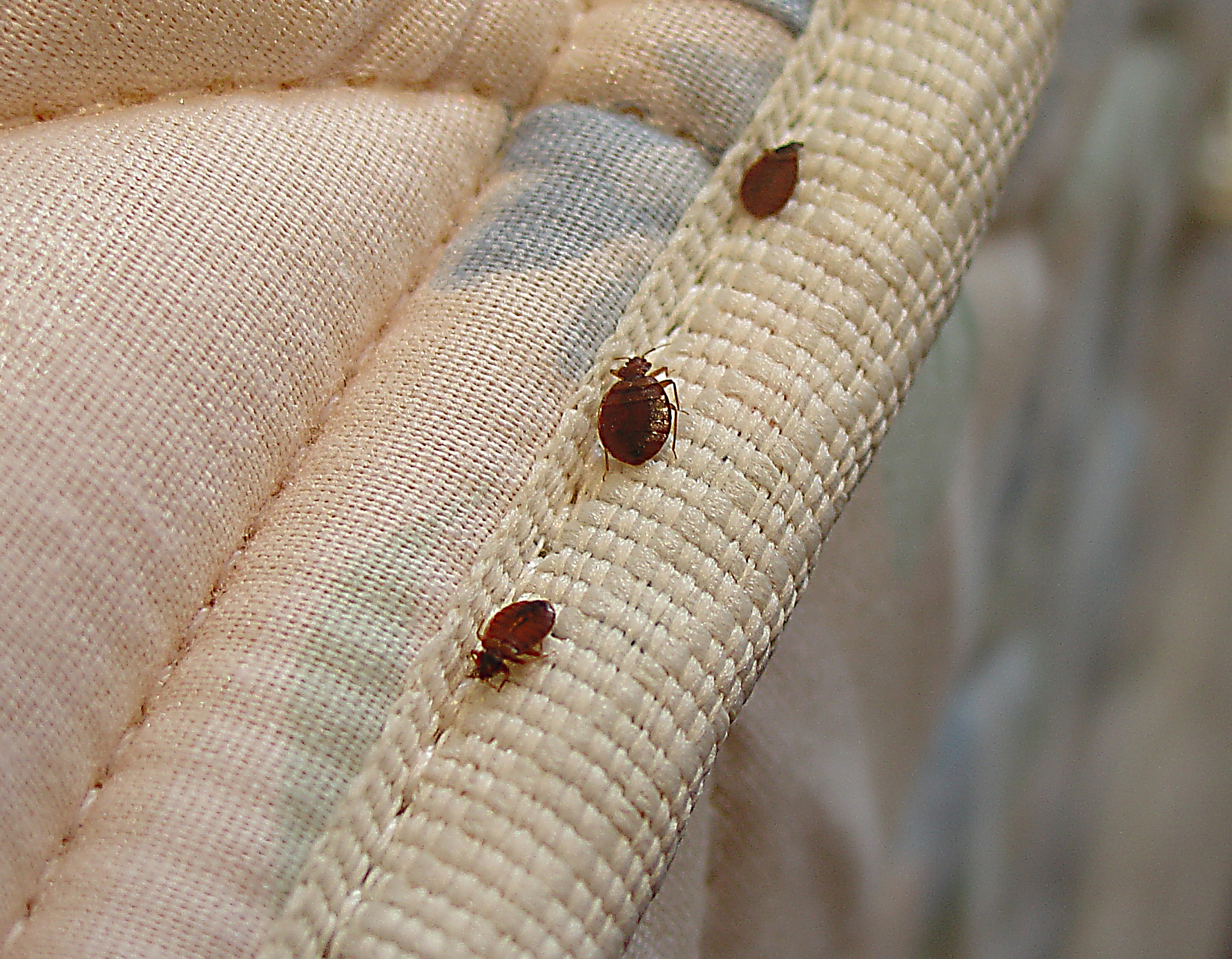
Bed bugs love clutter as it provides plenty of hiding spots for them to breed and multiply. Keep your bedroom tidy and clutter-free to limit their hiding spots and make it easier to spot any signs of an infestation.
3. Inspect second-hand furniture
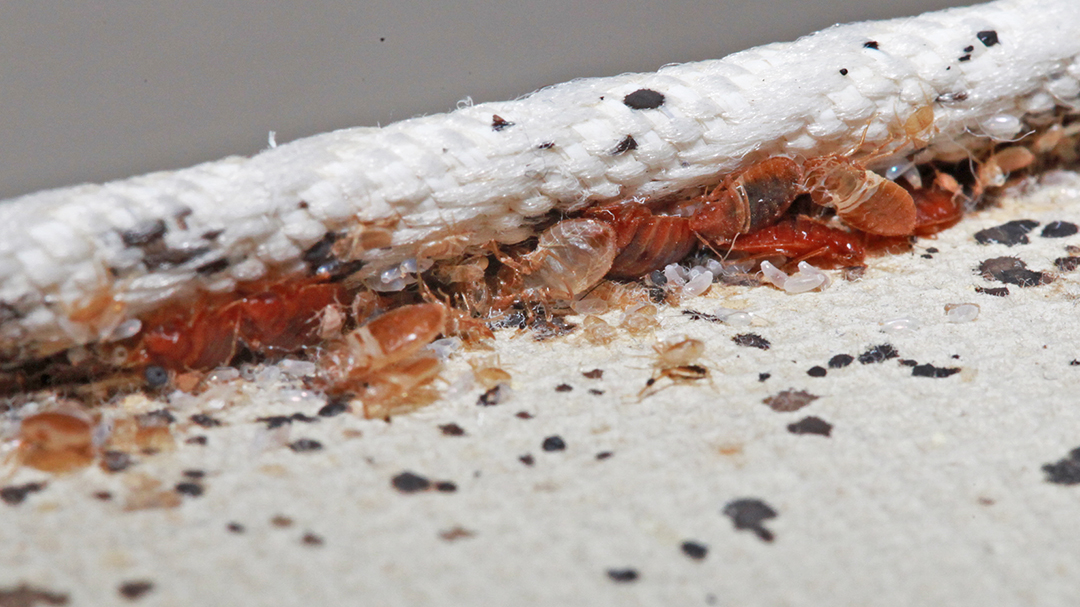
If you're thinking of purchasing second-hand furniture, be sure to thoroughly inspect it for any signs of bed bugs. Look for small brown or black spots on the furniture, which could be bed bug feces or blood stains. It's also a good idea to avoid bringing used mattresses into your home, as they could be infested with bed bugs.
4. Wash and dry bedding on high heat
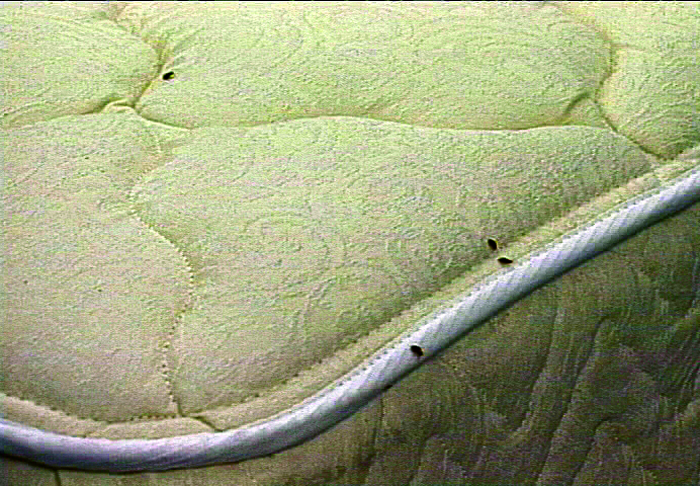
Regularly washing and drying your bedding on high heat can help kill any potential bed bugs or their eggs. This is especially important if you've recently travelled or had guests stay in your home.
By following these preventive measures, you can greatly reduce the risk of bed bugs entering your mattress and infesting your home. If you do suspect a bed bug infestation, it's important to act quickly and seek professional help to eliminate the problem. With these tips in mind, you can rest easy knowing that your mattress is free from these pesky pests.

